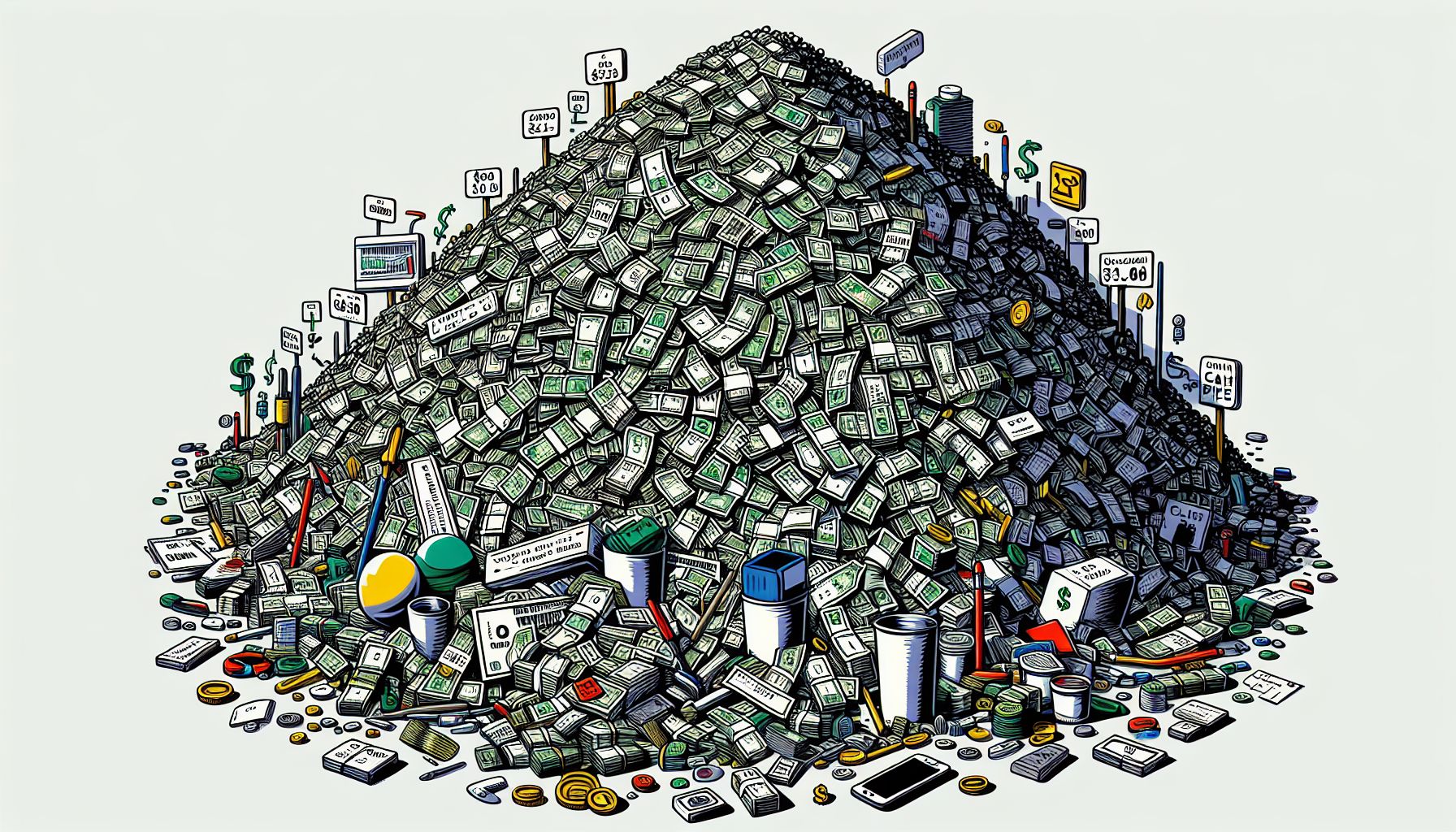Warren Buffett's $325 Billion Cash Pile: A Market Warning?

Omaha, Wednesday, 13 November 2024.
Berkshire Hathaway’s record $325 billion cash reserve signals Warren Buffett’s cautious market outlook. The ‘Oracle of Omaha’ has been selling stocks, including a significant reduction in Apple holdings, while limiting new purchases. This defensive strategy suggests Buffett anticipates potential market turbulence ahead.
Berkshire Hathaway’s Defensive Strategy
Warren Buffett’s decision to accumulate a $325 billion cash reserve at Berkshire Hathaway (NYSE: BRK.A) reflects a cautious stance towards the current stock market environment. This move comes as the company has been a net seller of stocks for eight consecutive quarters, unloading significant holdings such as Apple (NYSE: AAPL) and Bank of America (NYSE: BAC) while making minimal new stock purchases[1]. Buffett’s reduction of Apple holdings from $170 billion to $69.9 billion indicates a belief that the stock is overpriced, aligning with his long-standing investment philosophy of ‘buy low and sell high’[2].
Market Overvaluation Concerns
The backdrop to Buffett’s strategic shift is a stock market that many analysts consider overvalued. The cyclically adjusted price-to-earnings (CAPE) ratio is currently above 36, a level historically associated with market corrections[3]. Buffett’s actions suggest he is wary of these inflated valuations and the potential for a downturn. His strategy of increasing cash reserves and investing in low-risk U.S. Treasury bills, which now exceed the holdings of the U.S. Federal Reserve by $93 billion, underscores a conservative approach amid growing market uncertainties[4].
Implications for Investors
Buffett’s accumulation of cash signals not only caution but also readiness to seize potential opportunities during a market downturn. His philosophy emphasizes patience and discipline, suggesting that investors might benefit from adopting a similar stance. By refraining from stock buybacks for the first time since 2018, Berkshire Hathaway positions itself to capitalize on undervalued assets when market conditions are more favorable[5]. Analysts suggest that this strategy could be a prudent choice, given the current economic indicators such as an inverted U.S. Treasury yield curve, which often precedes economic slowdowns[6].
Looking Ahead
As Buffett, now 94 years old, continues to focus on his legacy and Berkshire Hathaway’s long-term stability, his recent moves serve as a potential warning to the broader market. While some investors may view his strategy as overly cautious, it aligns with his historical approach of safeguarding capital and waiting for the right opportunities[7]. For those considering whether to follow Buffett’s lead, the message is clear: exercising patience in the face of uncertainty may ultimately yield the best returns. As market dynamics evolve, only time will tell if Buffett’s cautionary stance proves prescient.